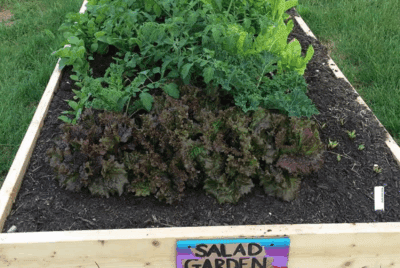RESEARCH
Designed Natural Spaces: Informal Gardens Are Perceived to Be More Restorative than Formal Gardens
Summary
This research paper investigates how the design of gardens influences their perceived ability to help people relax and recover from stress, known as “restorative potential.” The study compared formal gardens, which are highly structured with geometric shapes and built elements, to informal gardens, which are more naturalistic and organic in design. Participants viewed images of 40 gardens and rated them on restorative potential, visual appeal, naturalness, and design informality. The results showed that informal gardens were perceived as more restorative than formal gardens. Gardens that were visually appealing and appeared more natural were also rated higher in restorative potential, suggesting that these qualities play a key role in creating relaxing environments.
The study highlights the importance of incorporating informal design elements and natural features into garden spaces to maximize their restorative benefits. Visual appeal was found to partially explain why informal gardens were perceived as more restorative, indicating that attractive elements enhance the overall experience. The authors recommend that designers use these findings to create green spaces that promote relaxation and stress relief, especially in urban or therapeutic settings. Future research is suggested to explore how these perceptions align with actual psychological and physiological benefits.







